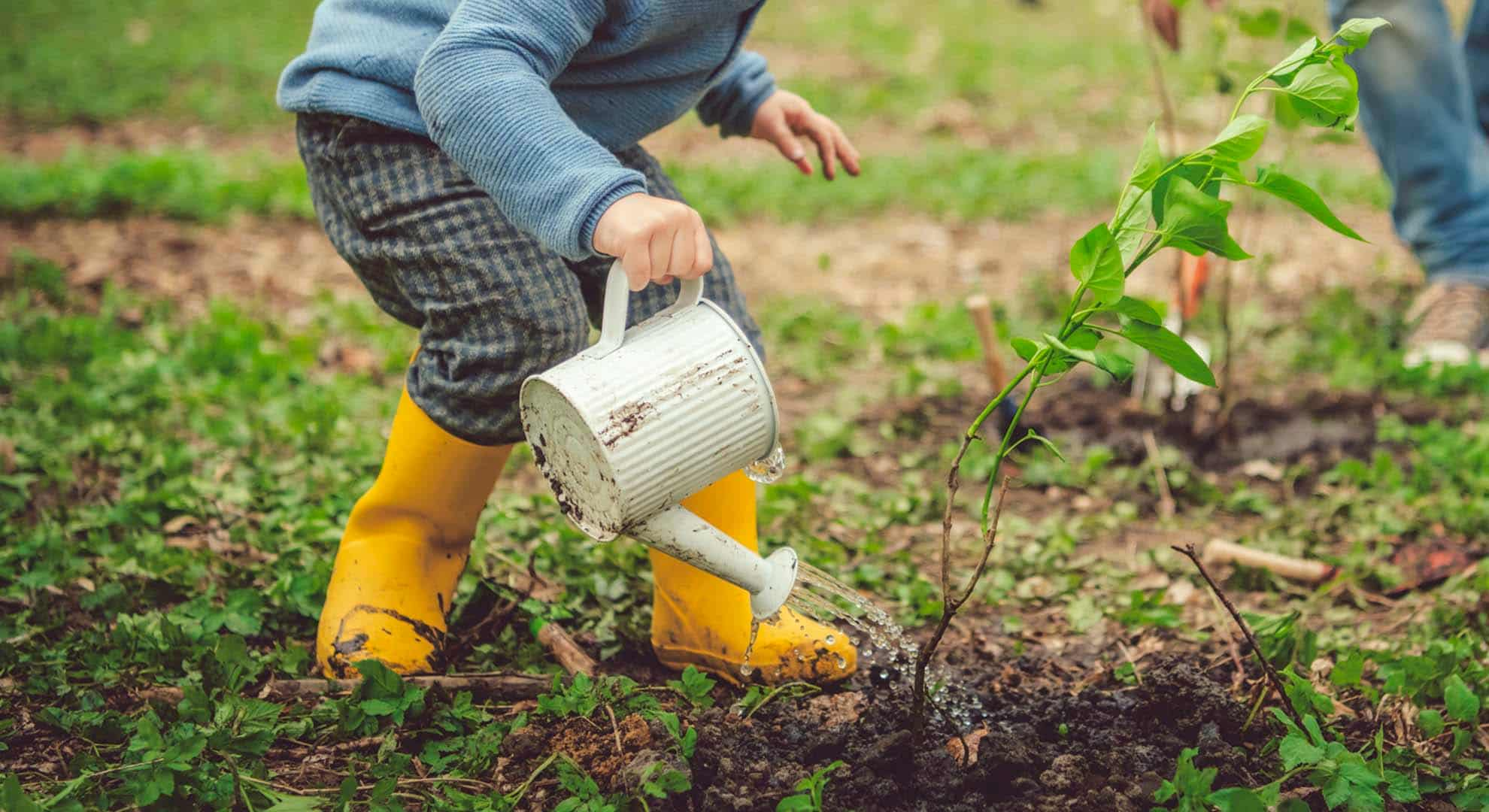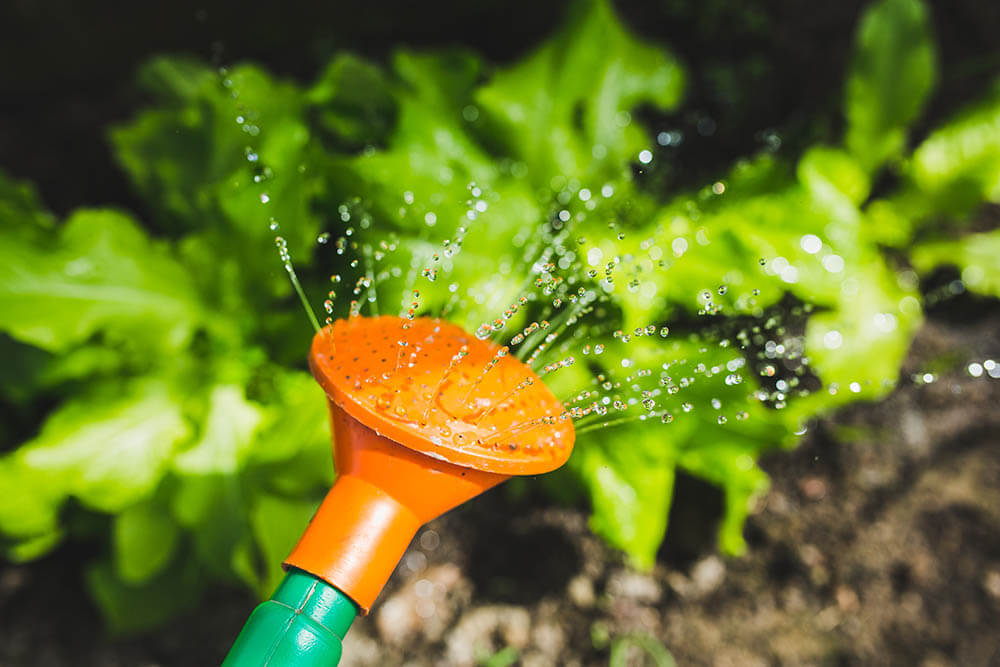
How to save water in your garden
The wet stuff. It’s not like we’re short of it here in Scotland so why is it still important to help save water when out in the garden?
Water coming into our homes goes through an extensive process before it is safe for us to drink from the tap. This takes a massive amount of resources and energy.
In the summer months water use can jump right up when we’re busy washing cars, watering the plants or the kids are letting off steam chasing the hosepipe in the back garden. Did someone say slip-and-slide?
According to Scottish Water, “a hosepipe can use enough water in 30 minutes to fill five bath tubs”. #HowToWasteLess
Share on
Use your (water) butt!
Want to hear a secret? Plants love rainwater. And it’s a good job too - ‘dreich’ wasn’t voted the most popular Scots word for nothing. During the summer months we may (occasionally) need a bit of a helping hand, and that’s where a good old water butt comes in.
Water butts come in a variety of shapes and sizes and can store upwards of 100 litres of rainwater.
Short of space? Go for slimline. Worried about aesthetics? Get a combined garden planter and water butt. On a budget? Reuse an old wheelie bin. You just need to be able to divert water away from a drainpipe into a container with easy access once you’re ready to water the plants.

Timing is everything
Watering your garden in the morning or early evening conserves water by allowing the plants to soak up the water without it being evaporated by the midday sun or going soggy overnight.
Check that your flower beds do, in fact, need watering. Many of us wastefully overwater our gardens without even realising. Dig down a few inches and if the soil is still damp then it doesn’t need to be watered just yet. If it’s dry then it’s time to water.
Watering your garden in the morning or early evening conserves water. #HowToWasteLess
Share on
Save water - lose the hose
Swap your garden hose or sprinklers for a watering can - it’ll mean you’re more likely to get the water where you want it and less likely to accidentally water the driveway...and next door’s cat!
Use greywater from your washing up bowl, bath or shower. Household soap and detergent won’t harm your plants but always best to stick to eco-friendly products.
Just steer clear of reusing water containing stronger cleaners like bleach or disinfectant as these are dangerous for plants and can leak into the marine environment through the soil to cause damage to plants and wildlife.
Mulch, mulch, mulch
Covering flower beds, plant pots and hanging baskets with a protective layer of mulch will help stop water evaporating from the soil’s surface and trap moisture meaning that you’ll have to water less often. It’ll also help to prevent weeds - and no one wants to be wasting water on the weeds!
What can you do?
Use a water butt to collect rainwater.
Check soil to avoid overwatering.
Swap your garden hose or sprinklers for a watering can.
Water plants with greywater from your washing up bowl, bath or shower.
Prevent water evaporating with a protective layer of mulch.
